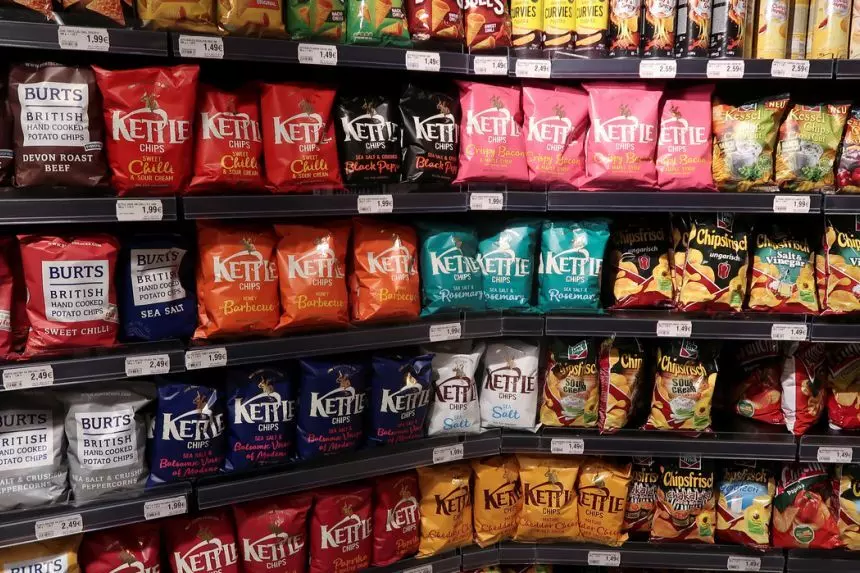

Food preservative used in popular processed foods may harm the immune system: Study
text_fieldsFood preservatives used to prolong the shelf life of processed food can harm the immune system said the findings of a study published this week in the International Journal of Environmental Research and Public Health.
The preservative tert-butylhydroquinone, or TBHQ, is used to prolong the shelf life of Pop-Tarts, Rice Krispies Treats, Cheez-Its and about 1,250 other popular processed foods and found to be harming the immune system, both in animal and non-animal tests.
The researchers from Environmental Working Group (EWG) used data from the Environmental Protection Agency's Toxicity Forecaster or ToxCast, to assess the health hazards of the most commonly added chemicals in food, as well as the "forever chemicals" known as PFAS, which can migrate to food from packaging.
TBHQ is a preservative that serves no other function other than prolonging the shelf life of food. It was approved by the Food and Drug Administration (FDA) long back and has been used in processed foods for many decades.
The study result showed that TBHQ affected immune cell proteins at doses similar to those that cause harm in traditional studies. Many studies have also been done earlier about how TBHQ might influence flu vaccines' working and may be linked to a rise in food allergies.
Though nationwide tests conducted in 2017 had shown that food wrappers, bags, and boxes coated with highly fluorinated chemicals were used by several fast-food chains, this is the first study to compile the available research on PFAS migration from packaging to food.
The study also found a link between high levels of PFAS in the blood and the severity of Covid-19. PFAS has also been found to suppress immune function and decrease vaccine efficacy, according to Human epidemiological studies.
Preservatives like TBHQ are often listed on the ingredient label if added to the product during manufacturing, and hence people should read the labels very carefully.
EWG has also requested the FDA to reassess the safety of food chemicals used and shut the regulatory loophole that allows potentially unsafe food additives to remain on the market.
"Before the pandemic, chemicals that may harm the immune system's defence against infection or cancer did not receive sufficient attention from public health agencies. To protect public health, this must change… The pandemic has focused public and scientific attention on environmental factors that can impact the immune system," said Olga Naidenko, EWG vice president for science investigations and lead author of the study.






















